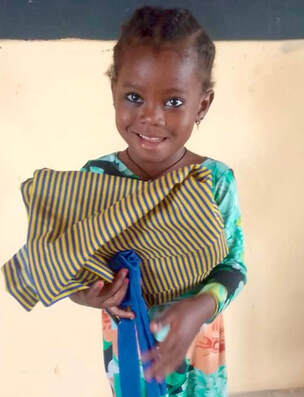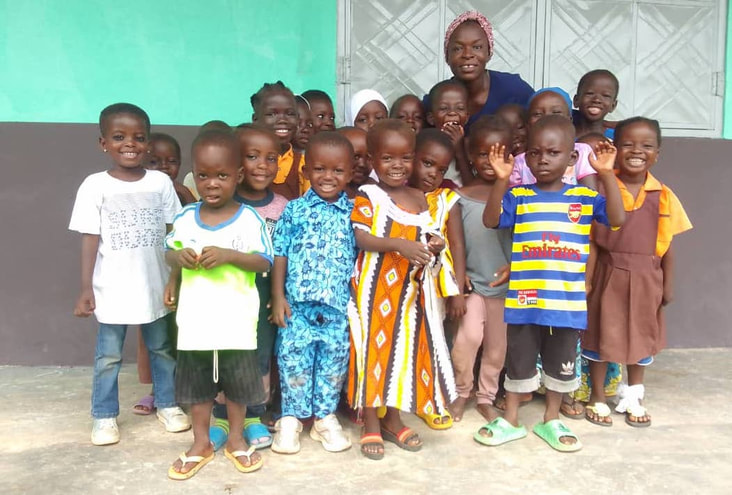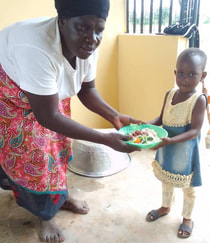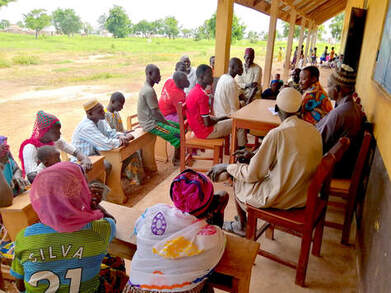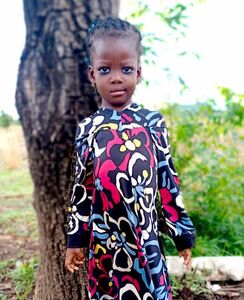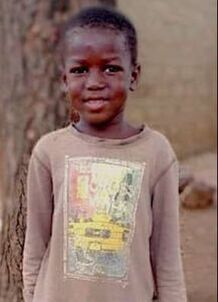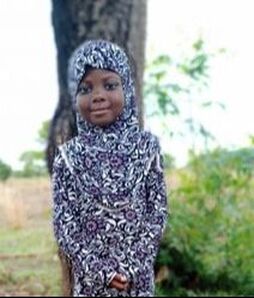our why
|
Our community partners, in discussions with parents and traditional leaders, identified expanding educational opportunities as their highest priority. Unfortunately, there are not enough schools in the area and most face significant operational challenges such as a lack of supplies, desks, and teachers.
To help more children attend school, and receive a quality education, we built and operate three early childhood learning centers. A team of ten teachers are educating 400 children from pre-K through third grade. Most of the teachers are graduates of our scholarship program and all were locally raised and able to teach bilingually. Our recently opened Tahama Learning Center was designed as a model for sustainable education. We hope to open a new center in a community without any schools in 2024. |
the tahama learning center
In 2023, the Tahama Learning Center became our third community school for children ages 4 to 11. Tahama means 'hope' in the local Dagbani language. Tahama opened with the kindergarten class above, and will provide an opportunity for many children to attend school for the first time. Teachers use an environmental and cultural curriculum, which is unique in the region. Tahama features a kitchen and food storage area, a school garden to produce food for the school lunch program, an outdoor education play area, solar power, and rainwater catchment. It will also have the first lending library in our partner communities featuring children's books with African and environmental themes.
COMPREHENSIVE QUALITY LEARNING
|
Students learn through a place-based, culturally rich curriculum. This includes basic skills, school gardens, hand washing education, traditional dance and songs, soccer, tree planting, and environmental education. To improve nutrition and increase attendance, students receive a daily school lunch prepared by a local mother. This is increasingly important for child health as regional food shortages intensify. Students each have a school uniform sewn by our vocational training graduates and a pair of shoes.
|
community engagement
|
Community members form Parent Teachers Associations to learn about and provide advice. At the end of each term, family members gather together to hear student presentations and to participate in an award ceremony. Families generously volunteer to support school construction, upkeep, and planting of school gardens.
|

